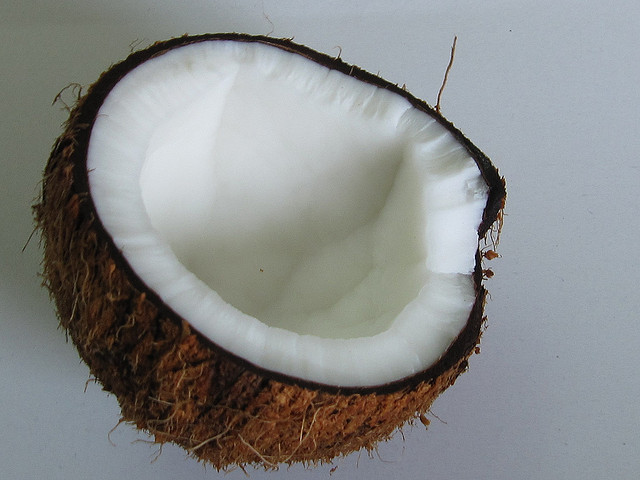
Many people underestimate the power of thick emollients or moisturizers to help atopic eczema. Thick fatty emollients with the right fatty acid balance can significantly help reduce eczema symptoms significant. Understanding atopic eczema is necessary for understanding why emollients and topical oils can help.
What is Atopic Eczema?
Atopic eczema can be understood through looking at each of the words in the name. Eczema describes characteristics of dry inflamed skin. Atopic is specifically used to refer to people who have an elevated IgE reaction to allergens including eczema, hay fever (seasonal allergies), food allergies, and allergic asthma. IgE is an antibody which shows that the person has an allergy.
Some patients will have eczema without atopy which is the dry skin without elevated IgE levels in their blood. Many people with non-atopic eczema, up to 80%, progress to develop atopic eczema. This suggests that people are not always born with atopic eczema but environmental factors exacerbate the condition (1). The rising rates of atopic eczema over the last 50 years show that there is likely an environmental component including including increased washing, washing with harsh soaps, and increased indoor dust. Dietary changes may also be a factor with lack of omega 3 fatty acids being a widespread issue in contemporary diets (2).
Does eczema develop from the inside out or outside in?
Atopic eczema causes the skin to become extremely dry and itchy and leads to increased Trans Epidermal Water Loss (TEWL). TEWL means that the skin can no longer retain moisture which further leads to dry cracked skin. Skin protects our bodies from pollutants and allergens. An increase in TEWL and skin cracking means that allergens are more likely to penetrate the skin and cause an increase allergic reaction leading to an increase circulating IgE. So dry skin leads to barrier disruption and eventually an increase in allergic reaction. When adequate emollients are used it can actually lead to a more secure skin barrier and reduction in overall disease level of atopic eczema (3).
Why natural emollients work for eczema
While the causes of eczema are not completely understood we know a number of factors that characterize the skin of people with eczema. In addition to the dryness and enhanced IgE production, eczematous skin shows an overgrowth of the bacteria staphylococcus aureus and a deficiency in essential fatty acids called gamma-linolenic acid (GLA) (2).
Natural oils and butters are able to address these issues. Coconut oil is high in lauric acid which has show to be reduce levels of staphylococcus aureus. Oils such as borage, hemp seed, and evening primrose oil all have high levels of GLA supplementing the skin’s need for this fatty acid.

Dry skin matters much more than being an uncomfortable symptom. It also acts as an impediment to healing eczema. Keeping your skin hydrated with the proper emollient is very important. Emollients from natural vegetable oils can help the skin heal. Think of it as feeding your skin with healthy fats.
External medicine and emollients are essential to our Chinese medicine therapy for atopic eczema.
References:
1. Cork MJ, Danby SG, Vasilopoulos Y, et.al. Epidermal Barrier Dysfunction in Atopic Dermatitis Journal of Investigative Dermatology (2009) 129, 1892–1908. Published online 4 June 2009.
2. Ruzicka T. Atopic eczema between rationality and irrationality. Arch Dermatol. 1998 Nov;134(11):1462-9.
3. Treatment of Dry Skin Syndrome: The Art and Science of Moisturizers. Lodén M, Maibach, H Ed. Springer Heidelberg Dordrecht. New York, 2012.
